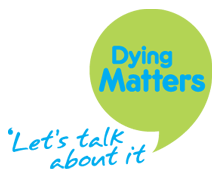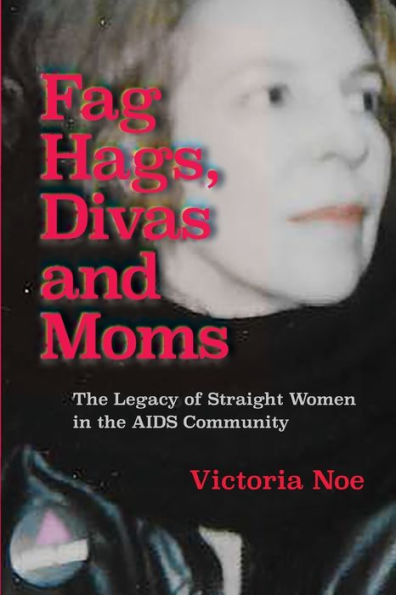Friend Grief and Dying Matters
 “Would you tell me if you were sick?”
“Would you tell me if you were sick?”We were having one of our occasional lunches in New York, catching up on work and our families. I told him about a conversation I’d had with my best friends from high school: if we were terminally ill, would we share the news with each other?
“I’m not sick,” he insisted, a little horrified that I might think otherwise.
“I didn’t think you were. But would you tell me?”
“Why wouldn’t I?”
The stories in the Friend Grief books are all unique, but ultimately fall into two categories: people who were prepared for their friend’s death and those who were not.
Those who had some advance knowledge were not exempt from grief. But they tended to suffer less survivor guilt. They knew their friend’s time was short and although there was nothing they could do to save them, there were ways to make a difference.
I’ve shared stories of people who took their friends to doctor appointments or sat with them during chemo. They continued to do all the things they normally did: go out to dinner, travel, party. Sometimes all you can do is sit with your friend, to be present so they’re not alone. It doesn’t change the outcome, but it deepens the friendship in unexpected ways.
This week is Dying Matters Awareness Week. Based in the UK, the events shine a light on the need for people to discuss their final wishes with family and friends. No, of course, no one wants to talk about dying. But most of us have seen people who suffered needlessly: in pain and often in isolation. We’ve seen people whose families scrambled to provide support because they never asked what their loved one wanted. We’ve seen friends blindsided by the helplessness of watching their friends suffer, or the pain of being shut out by family members.
I’m not talking about writing a will. Most people don’t have one, don’t think they need to bother. Even a famous artist like Prince didn’t have a will. No one wants to think about the inevitable, but they don’t consider the financial, legal and emotional damage left behind by that kind of resistance.
So I ask you to consider “Would you tell your friends if you were terminally ill?” First think about it yourself, then bring it up with your friends and family. I won’t lie: it’s awkward. You will encounter resistance, especially from family who can’t bear the thought of losing you. Don’t be surprised if your friends feel the same way.
Sometime after that initial conversation, we were having lunch again in the same booth at the same restaurant when he turned to me with a little nervousness and said, “I had chest pains for three days.”
My first thought was “I’m not going to cry.” My first response is not printable, but along the lines of “Why did you wait three days to see a doctor?” It turned out to be something quite benign so we could laugh about it. But I know there will come a day when one of us will say something not so funny.
That’s because we made a pact to share our health news with each other. Making that pact sparked other surprising conversations. I can’t think of anything that’s been left unsaid between us. That has been the case with other friends, too, opening up decades-long friendships to a deeper intimacy. It has been an unexpected and beautiful benefit.
So, take a deep breath and think about it. You don’t have to do it today, but don’t put it off forever. You don’t have forever. And trust me: it makes for interesting conversations over calamari and vodka martinis.

